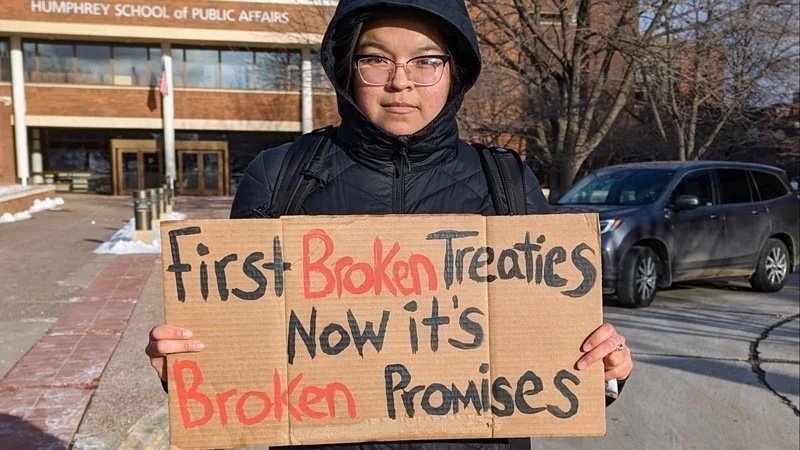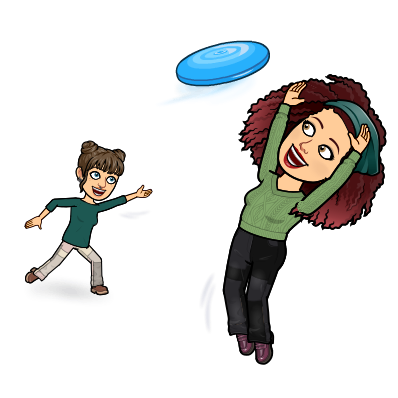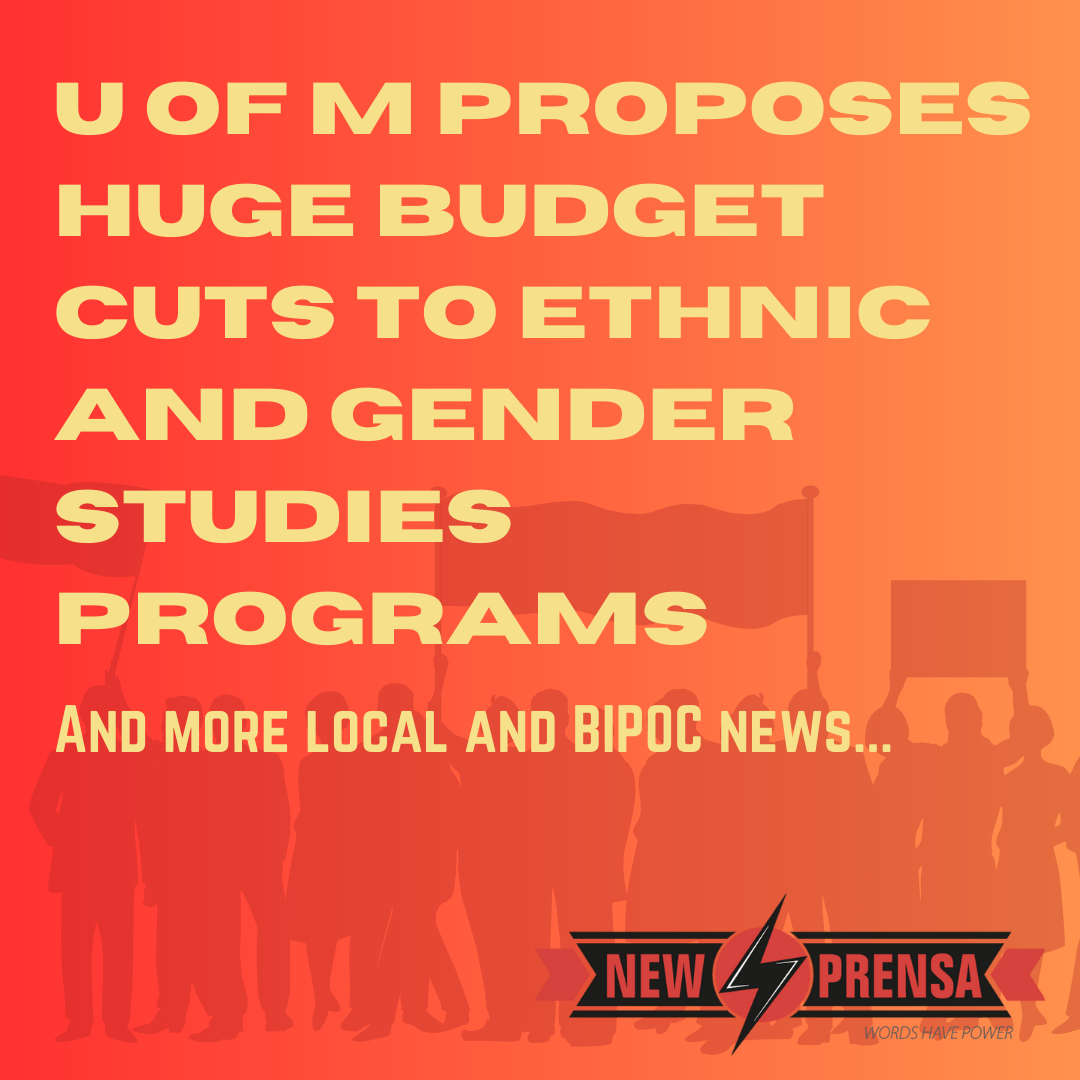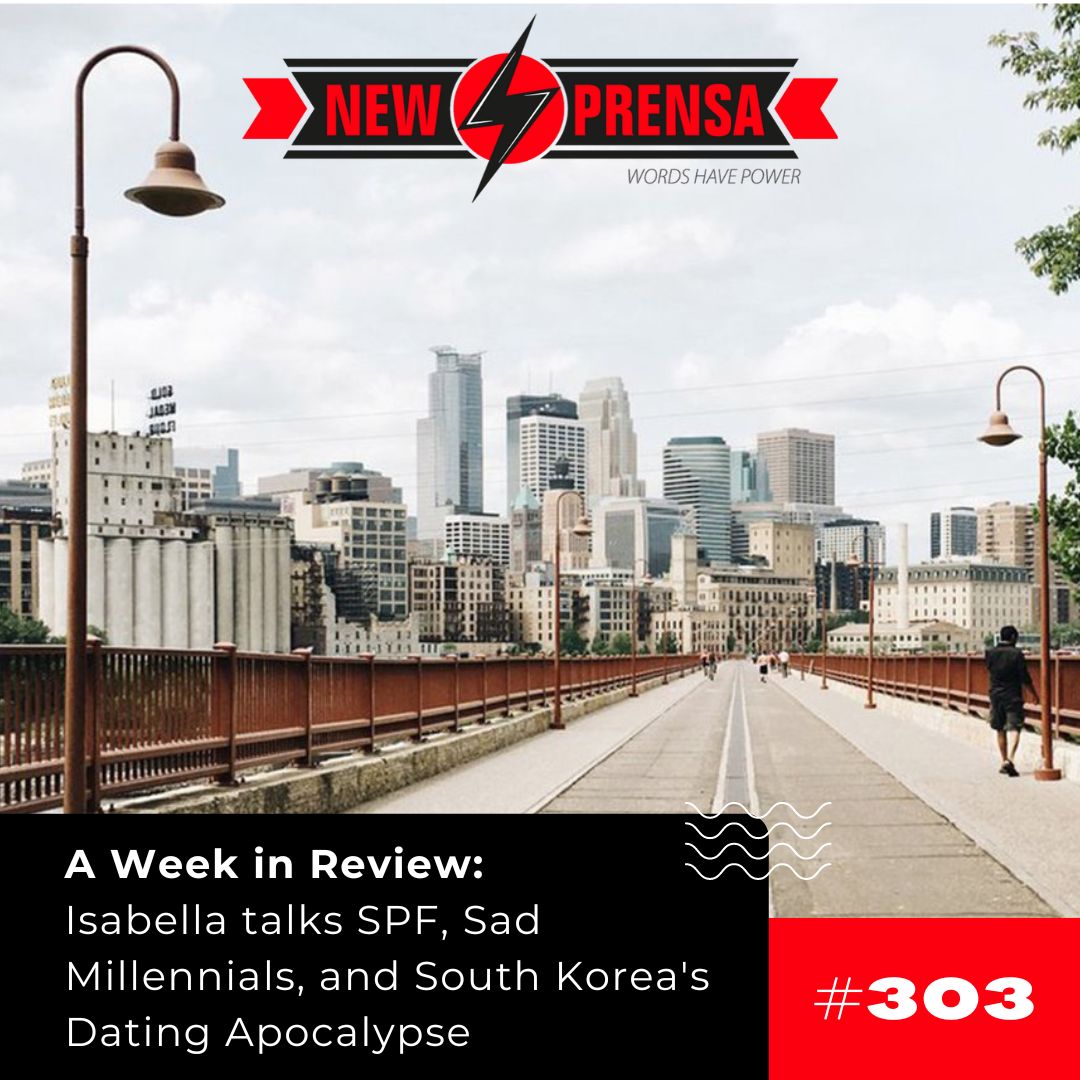This week’s edition covers stories
from April 20th to April 26th, 2023.
Today’s issue is 835 words, a 6.5–minute read.
Today’s edition:
Isabella and Helene talk the U of M’s proposed budget cuts and Summer Reads, an Americorps program.

Good morning, NewPrensa readers! Helene here.
This week, I’d like to talk about what’s going on with all these budget cuts at the University of Minnesota. On April 20th, the College of Liberal Arts (CLA) announced a series of massive proposed budget cuts: 50% cut to American Indian Studies; 30% cut to Chicano and Latino Studies; 30% cut to German, Nordic, Slavic, & Dutch languages; 27.5% cut to African and African American Studies; 22% cut to Linguistics; and 10% cut to Gender, Women, and Sexuality Studies. If these cuts were made to the programs, students would have many fewer classes to choose from and faculty in all of these programs would be threatened. Remaining faculty after the cuts would be overburdened, putting further strain on faculty members who are already stretched thin. The whole of the U of M’s Ethnic Studies program was only possible through the Morrill Hall takeover. And now, a small (but important) history lesson:
The Morrill Hall takeover was a student-led occupation of the administration building at the University of Minnesota that took place in 1969. The takeover was part of a larger movement for civil rights and social justice on college campuses across the United States.
On January 15, 1969, a group of about sixty African American and white students entered Morrill Hall, the university’s administration building, to demand greater representation and support for minority students on campus. The students had a list of demands that included the establishment of an African American studies program, the recruitment and retention of more minority students and faculty, and an end to racist and discriminatory policies and practices.
The occupation lasted for several days, during which time the students engaged in negotiations with university officials and staged protests and rallies on campus. On January 18, the university agreed to meet some of the students’ demands, including the creation of an African American studies program and increased funding for minority scholarships.
The Morrill Hall takeover was a significant moment in the history of the University of Minnesota and the larger civil rights and social justice movements of the 1960s. It helped to bring attention to the issues facing minority students on college campuses and paved the way for greater diversity and inclusion in higher education.
Now, several student groups, namely the U of M’s section of Students for a Democratic Society (SDS) are creating petitions and organizing protests for the budget cuts. The SDS is organizing a protest this Friday, April 28th at 5:30 PM. You can find all the information about the protest on their instagram post here. That’s it from me this week, readers! Enjoy your Thursday.

As summer approaches, many people are looking for opportunities to make a difference in their communities while gaining professional experience and training. That’s why Literacy Minnesota and AmeriCorps are looking for passionate individuals to join their Summer Reads program as mentors.
I recently spoke with Stevie Lewis, the National Service Coordinator at Literacy MN, who highlighted the rewarding experience of becoming a mentor. Mentors have the chance to help children who struggle with literacy overcome their challenges, develop their skills, and build their confidence. By doing so, they can make a real difference in the lives of these children and in the community as a whole.
Stevie emphasized that becoming a mentor is not just about giving back, but also about gaining valuable experience and training that can be applied in many different careers. The program offers training on working with children, teaching literacy skills, and building strong relationships with families and communities. By participating in this program, mentors will gain skills and experience that are transferable to many different fields, including education, social work, and community development.
During our conversation Stevie emphasized that becoming a mentor can help strengthen community bonds. By working together with a team of like-minded individuals towards a common goal, mentors will build a sense of camaraderie that can last a lifetime. They will have the chance to meet people from all walks of life and build stronger ties within their community.
The second reason to become a mentor is to help people develop their skills and build their confidence. Many individuals struggle with literacy and could use extra support and encouragement to become proficient readers. Mentors have the opportunity to help them develop their skills and overcome their challenges, instilling in them a newfound sense of confidence that can translate to other areas of their lives.
Finally, the education award worth $1,459, provided at the end of the mentor’s summer service is a great incentive. The education award can be used for furthering education or paying off student loans, making it an excellent opportunity for anyone interested in exploring the education field.
In conclusion, the Summer Reads program is an excellent opportunity to make a real difference in your community while gaining valuable experience and training that can be applied in many different fields. By becoming a mentor, you can help children develop their literacy skills, build their confidence, and make a positive impact in your community. So why not take the first step in becoming a mentor this summer? Join the team today and help make a difference in the lives of children in your community!
That’s it from us this week! We’ll be back next Thursday.
-Isabella and Helene

We’re Communications Specialists by day
and playing some frisbee by night!
Do you enjoy reading NewPrensa?
Forward it to someone you think may enjoy it too!
Got suggestions, feedback, or a good scoop?
Send it to us at newprensa@newpublica.com
If someone sent this newsletter your way, feel free to subscribe to get local, BIPOC news delivered to your inbox every Thursday morning.



